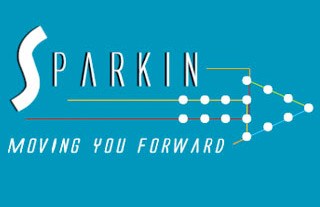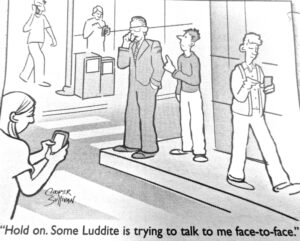Increasingly It Is Your Adaptability That Will Determine Your Success
Neophilia or ‘to like anything new’, might be something we can all relate to dependent on the context. New places to visit, new foods to eat, all good when they expand who we are, sometimes literally!
But what about new things or circumstances when there is much more at stake, such as new management or new systems at work which may impact our job security? Perhaps a Luddite after all?
What’s typical, most of us don’t like uncertainty, when the stakes are high, when we have much to lose.
Should we even care about how adaptable we are unless we are explicitly assessed for it when seeking employment?
A 2017 report by talent experts Right Management highlighted that 91% of HR managers thought that by 2018, individuals would be recruited for their ability to change/adapt. Meanwhile, 53% of employees believed adaptability, would be a key driver for future success. What might explain this discrepancy? And, given the stated direction of HR managers, what are the keys to you and those you care about developing effective adaptive capability?
‘It is not the strongest or the most intelligent who will survive, but those who can best manage change.’ (Darwin)
First we need to understand adaptability or, ‘the nature of changing or creating modification in oneself to suit a new environment.’
Alessandra and O’Connor in their book ‘The Platinum Rule,’ suggest adaptability consists of two aspects, ‘flexibility’ or our willingness to change and ‘versatility,’ or our ability to change. Perhaps the latter points more to experience and intelligence (IQ) and emotional (IQ) that people believe they possess in sufficient quantity.
Flexibility however, refers more to your willingness to pivot or, to focus your energy/ability to embrace rather than resist change. It is this ‘ability’ of acceptance, the degree to which you are more a ‘cup half full’ optimistic type, which may well explain who actually adapts. If this is true then expect people to be talking much more about optimism quotient’s, or ‘OQ.’
From a personal perspective, having clear options moving forward post-change, (internal or external) which whether exercised or not, can enhance our state of mind, can make us feel less trapped by a changing situation and therefore better able to adapt.
Arguably those with foresight, do and continue to plan for change, anticipating what might happen and prepare themselves accordingly, but not everything can be planned for.
And, even if we did anticipate, is planning and recognizing the same as the ability to actually cope and proactively adapt to change, particularly when it is sudden.
What do you think?
For more information on this subject see the newsletter on the subject https://bit.ly/2ExHOGj and past newsletters too. Feel free to sign up for future letters.








